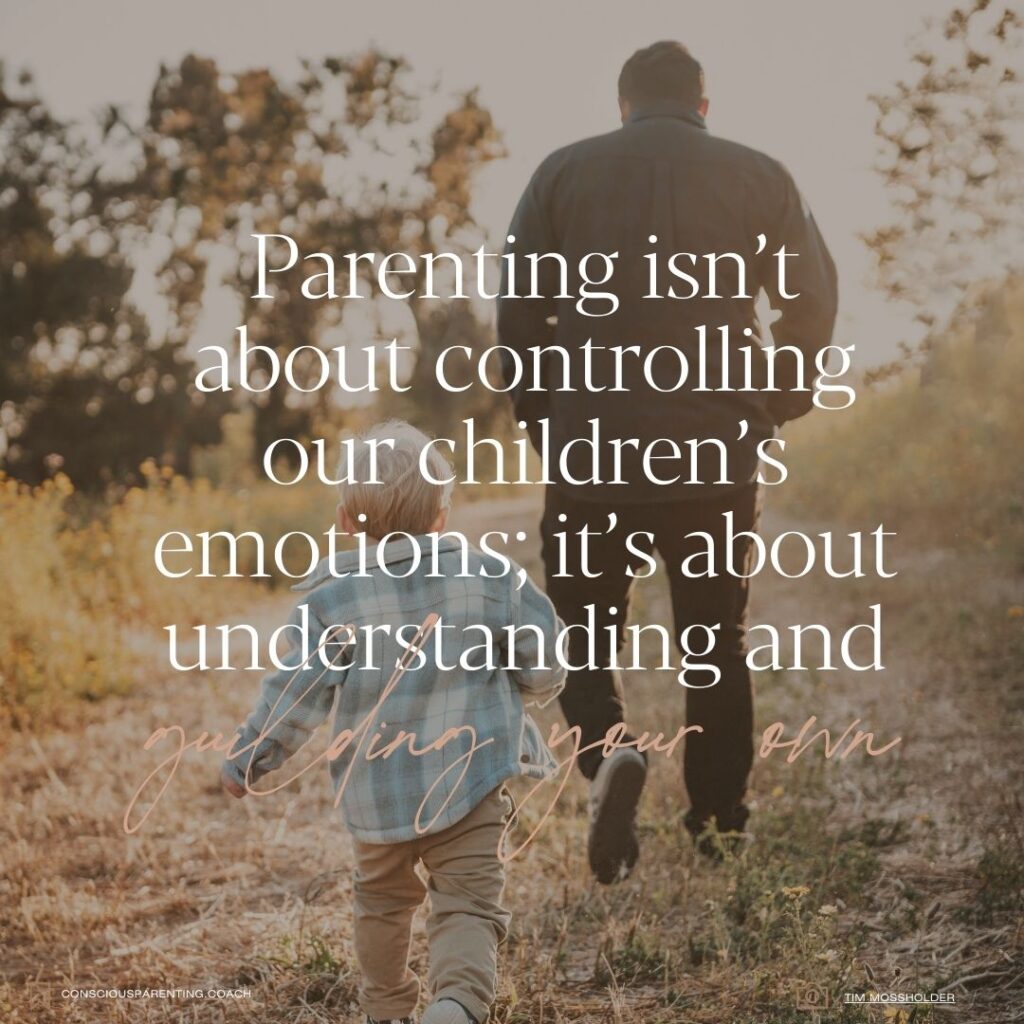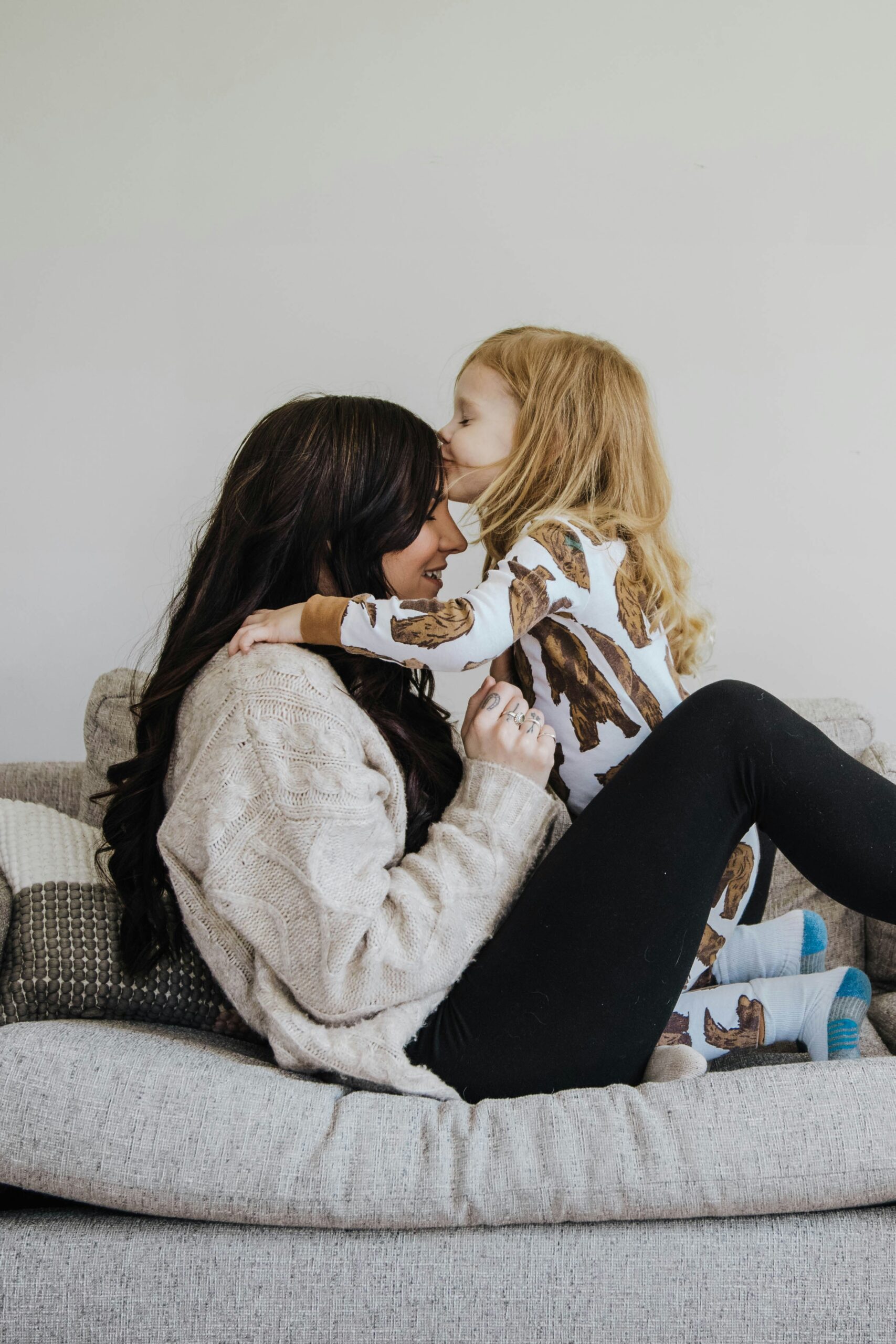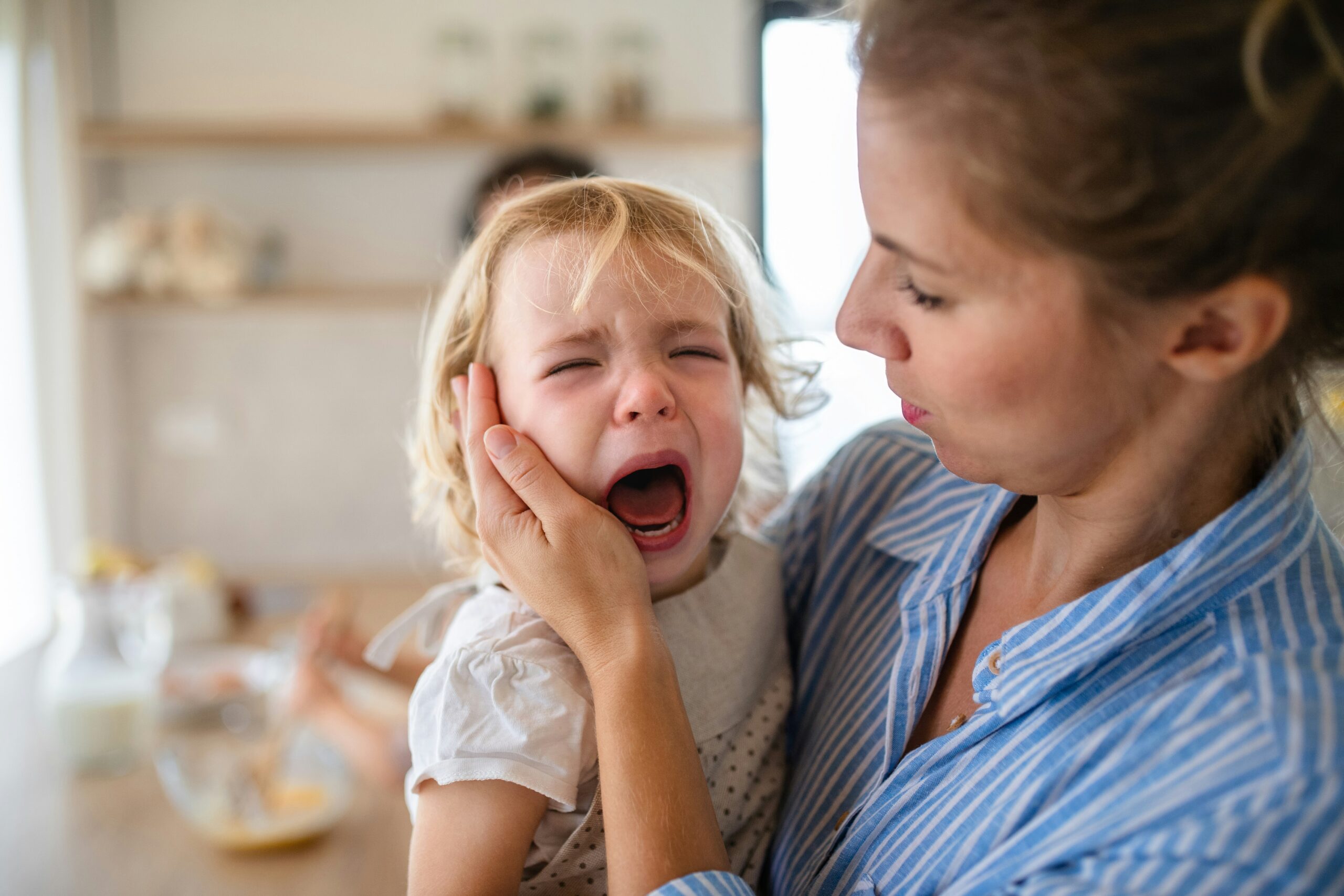From Reacting to Responding: Mastering Self-Awareness in Parenting
The Power of Self-Awareness in Parenting
As parents, we often find ourselves overwhelmed by emotions that seem to appear out of nowhere. Have you ever snapped at your child or felt your patience running thin, only to wonder, “Why did I react like that?” If so, you’re not alone. I’ve been there too. Over time, I learned that transforming my parenting didn’t come from controlling my child’s behaviour, but from mastering my own reactions. This journey of self-awareness can be the most powerful tool for healing, growth, and strengthening our connections with our children.
Parenting from a place of self-awareness helps us shift from reaction to response. It gives us the ability to consciously choose how to react, instead of being driven by past wounds or limiting beliefs. Through this inner work, we learn that it’s not about managing our child’s behaviour but understanding our own. By recognizing our triggers, we can move from reacting out of fear or frustration to responding with calm and compassion. This creates a ripple effect that not only transforms us but also nurtures our children’s emotional and mental health.
Understanding Emotional Triggers in Parenting: What They Are and How They Affect Your Reactions
Triggers are emotional responses that often seem disproportionate to the situation at hand. They are activated by an event, action, or behavior, but the real cause often lies in an unresolved emotional wound from the past. These triggers are frequently linked to emotional experiences, limiting beliefs, or patterns from our own childhood.
For example, if you grew up in an environment where emotions were suppressed, you might become frustrated when your child expresses strong feelings, even if their response seems small. Or perhaps, if you were raised in a home where perfectionism was praised, you may feel anxious or impatient when your child doesn’t meet certain standards, even in everyday tasks.
These reactions come from deep within us, not because of our child’s behaviour, but because of unprocessed emotions, expectations, or beliefs. When we react from this place, it signals that we are projecting unresolved needs onto our children, making their behaviour seem like a direct threat to our peace.
How to Cultivate Self-Awareness and Identify Emotional Triggers in Parenting
The first step in transforming our triggers is becoming self-aware. This means pausing before reacting and getting curious about why we feel the way we do. Instead of just reacting, ask yourself: “What is this feeling really about? What is being triggered in me right now?”
Here are a few ways to uncover your triggers and begin the process of self-awareness:
- Pause and Reflect: When frustration, anger, or impatience arise, take a moment to stop. Breathe and ask yourself, “What is the real source of my feelings? Why am I feeling this way?”
- Explore Your Childhood: Our emotional responses often start in childhood. Reflect on your upbringing. Were there unresolved issues or wounds from your past that are now resurfacing in your parenting?
- Identify Limiting Beliefs: Many of our triggers are connected to limiting beliefs we hold about ourselves or our children. Beliefs like “I must always be in control” or “My child must behave a certain way” can create intense reactions when challenged.
- Keep a Trigger Journal: Every time you’re triggered, write down what happened and explore the emotions and beliefs that surfaced. Over time, you’ll begin to identify patterns that point to the root causes of your emotional responses.

The Impact of Self-Awareness on Parenting
As you become more self-aware, your parenting will transform. Understanding your emotional triggers allows you to shift from reacting impulsively to responding with calm and empathy. This shift can be profound, creating space for healthier interactions and a deeper connection with your child.
Imagine the power of this shift: when you’re triggered, instead of snapping or withdrawing, you pause, reflect, and choose a response that aligns with your values. This creates space for a healthier, more compassionate relationship with your child.
Lisa’s Experience: A Parenting Shift
One of my clients, Lisa, was struggling with her 10-year-old daughter’s defiance and frequent outbursts. Lisa would often react with frustration, and their interactions were growing more tense by the day. During our sessions, we focused on identifying Lisa’s triggers — especially the way she had been conditioned to control emotions from childhood.
After reflecting on her own upbringing and working on emotional self-awareness, Lisa was able to pause before reacting. She started responding with calm and curiosity rather than defensiveness. Over time, she noticed her daughter’s behaviour softened as Lisa’s responses became more empathetic. Their relationship transformed, and Lisa reported feeling more connected to her daughter than ever before.
Practicing Self-Compassion as a Parent
Once you’ve identified your triggers, the next step is to practice self-compassion. It’s one thing to recognize our triggers, but it’s another to approach them with kindness. Our emotional responses are not our fault; they are the result of past experiences that shaped us.
Treat yourself with the same compassion you’d offer a close friend or your own child. Instead of criticizing yourself for getting triggered, offer understanding and the space to heal. This is where true transformation happens. By practicing self-compassion, you allow yourself the grace to grow and change, just as you would want for your child.
Take a moment each day to connect with yourself. Reflect on your emotional responses, offer yourself kindness, and remember that healing takes time.
Embracing Vulnerability as a Tool for Growth
Parenting is a journey of vulnerability. As we uncover our emotional triggers, we face the vulnerability of admitting that we don’t have all the answers. But this vulnerability is also our greatest strength. When we embrace it, we open ourselves to growth, healing, and deeper connection — with ourselves and our children.
As you embark on this journey of self-awareness, remember that it’s not about perfection. It’s about presence — being present with your emotions, your triggers, and your child’s needs. This presence is the foundation of conscious parenting.
Why This Journey Matters
This journey of self-awareness and emotional growth is not just for us as parents — it’s for our children. When we model emotional intelligence, self-compassion, and self-awareness, we create a safe space for our children to do the same. We show them that it’s okay to be vulnerable, to make mistakes, and to heal.
The more we heal ourselves, the more we create an environment where our children can thrive emotionally, mentally, and socially. This is the gift we give our children — a legacy of healing, growth, and emotional intelligence that will shape their lives for years to come.
Reflective Questions to Consider for Conscious Parenting:
- What are some emotional triggers you’ve noticed in your parenting?
- How do your childhood experiences influence the way you respond to your child today?
- In what ways can you practice self-compassion when you feel triggered?
- How might your journey of self-awareness change the way you connect with your child?
By becoming more self-aware and understanding our triggers, we open the door to deeper connection and healing in our families. The journey toward conscious parenting begins with us. As we heal, so do our children. If you’re ready to dive deeper into this journey, download my free guide on uncovering and overcoming your limiting beliefs and take the first step toward transforming your parenting.
Remember, your healing is the greatest gift you can give your child.



+ show Comments
- Hide Comments
add a comment